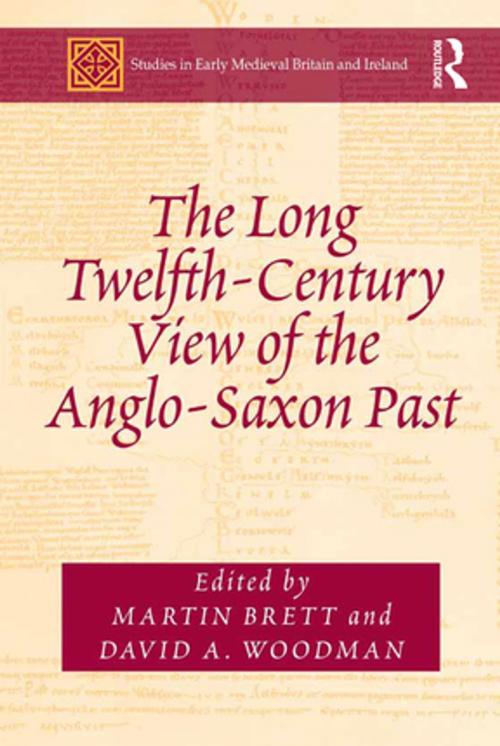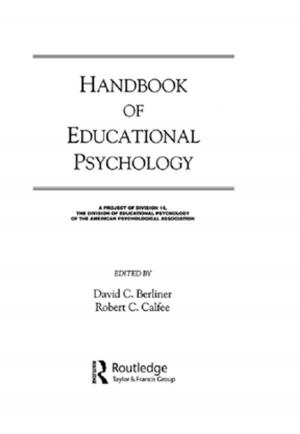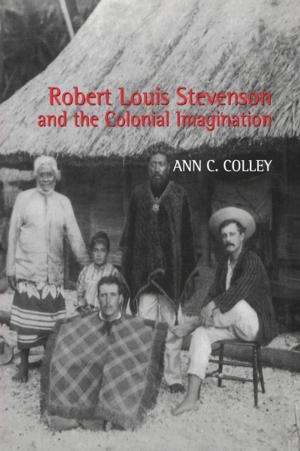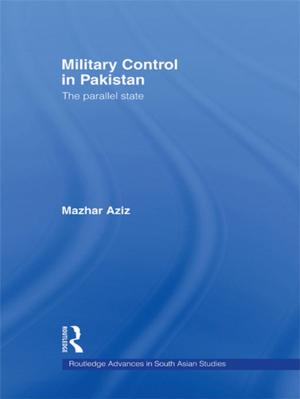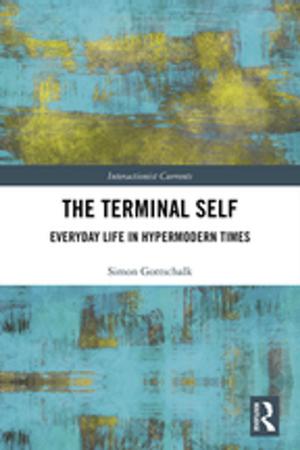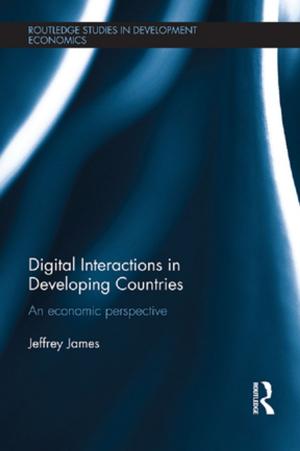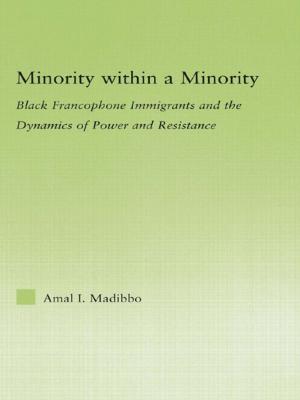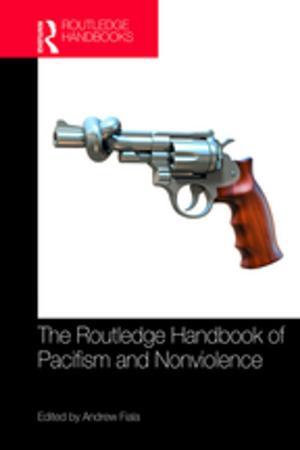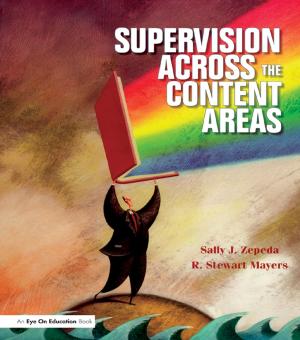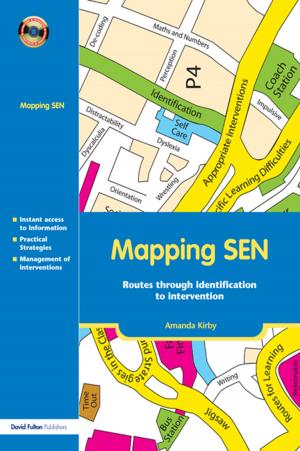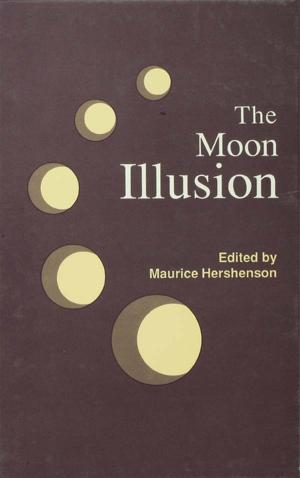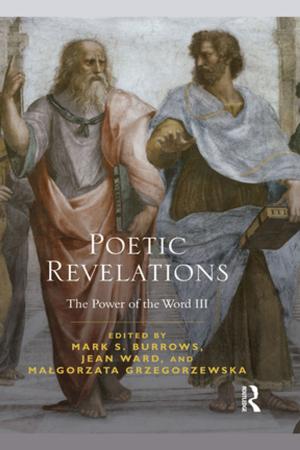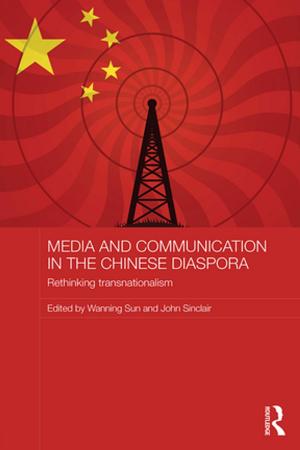The Long Twelfth-Century View of the Anglo-Saxon Past
Fiction & Literature, Literary Theory & Criticism, Medieval, Nonfiction, History| Author: | ISBN: | 9781317025146 | |
| Publisher: | Taylor and Francis | Publication: | March 3, 2016 |
| Imprint: | Routledge | Language: | English |
| Author: | |
| ISBN: | 9781317025146 |
| Publisher: | Taylor and Francis |
| Publication: | March 3, 2016 |
| Imprint: | Routledge |
| Language: | English |
Scholars have long been interested in the extent to which the Anglo-Saxon past can be understood using material written, and produced, in the twelfth century; and simultaneously in the continued importance (or otherwise) of the Anglo-Saxon past in the generations following the Norman Conquest of England. In order to better understand these issues, this volume provides a series of essays that moves scholarship forward in two significant ways. Firstly, it scrutinises how the Anglo-Saxon past continued to be reused and recycled throughout the longue durée of the twelfth century, as opposed to the early decades that are usually covered. Secondly, by bringing together scholars who are experts in various different scholarly disciplines, the volume deals with a much broader range of historical, linguistic, legal, artistic, palaeographical and cultic evidence than has hitherto been the case. Divided into four main parts: The Anglo-Saxon Saints; Anglo-Saxon England in the Narrative of Britain; Anglo-Saxon Law and Charter; and Art-history and the French Vernacular, it scrutinises the majority of different genres of source material that are vital in any study of early medieval British history. In so doing the resultant volume will become a standard reference point for students and scholars alike interested in the ways in which the Anglo-Saxon past continued to be of importance and interest throughout the twelfth century.
Scholars have long been interested in the extent to which the Anglo-Saxon past can be understood using material written, and produced, in the twelfth century; and simultaneously in the continued importance (or otherwise) of the Anglo-Saxon past in the generations following the Norman Conquest of England. In order to better understand these issues, this volume provides a series of essays that moves scholarship forward in two significant ways. Firstly, it scrutinises how the Anglo-Saxon past continued to be reused and recycled throughout the longue durée of the twelfth century, as opposed to the early decades that are usually covered. Secondly, by bringing together scholars who are experts in various different scholarly disciplines, the volume deals with a much broader range of historical, linguistic, legal, artistic, palaeographical and cultic evidence than has hitherto been the case. Divided into four main parts: The Anglo-Saxon Saints; Anglo-Saxon England in the Narrative of Britain; Anglo-Saxon Law and Charter; and Art-history and the French Vernacular, it scrutinises the majority of different genres of source material that are vital in any study of early medieval British history. In so doing the resultant volume will become a standard reference point for students and scholars alike interested in the ways in which the Anglo-Saxon past continued to be of importance and interest throughout the twelfth century.
